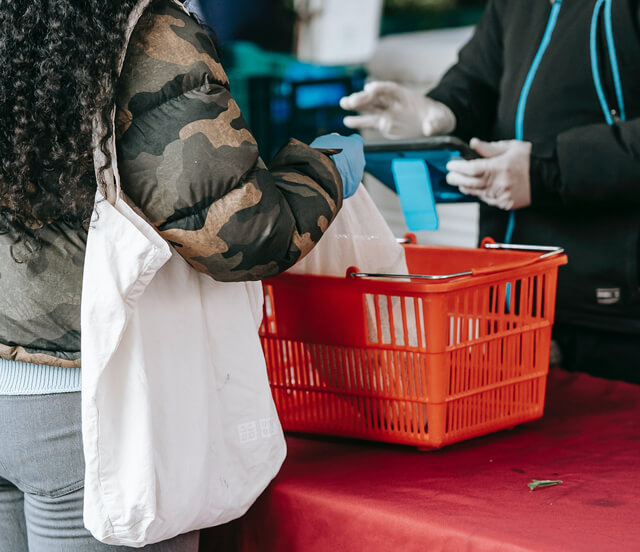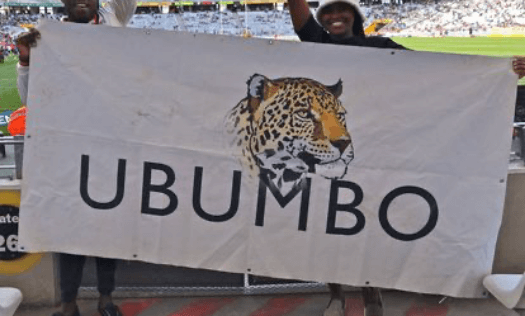by Phiwe Ndinisa
“This pandemic has magnified every existing inequality in our society – like systemic racism, gender inequality, and poverty,” – Melinda Gates (September, 2020)
There are many unknowns relating to how the economic fallout of the current Covid-19 pandemic and the changes it has prompted in how people use spaces (urban, peri-urban and rural), will affect Government plans and programmes. The pandemic has required the dispersal of people and jobs from commercial centers in order to combat the spread of the virus, to what extent this is a ‘new normal’ for people remains to be seen. Furthermore, in the context of depleted state cash reserves and constrained revenue streams as a result of the Covid-19 pandemic and consequent economic recession, the state has less resources available to address the persistent socio-economic challenges.
A recent Department of Statistics South Africa – Living Conditions Survey shows how poverty and inequality remains a real and alarming problem. Food security is generally viewed as closely related to poverty. The Constitution provides for “the right to have access to . . . sufficient food and water” and that “the State must take reasonable legislative and other measures, within its available resources, to achieve the progressive realisation of each of these rights.” The persistence of inequality and increase in poverty in South Africa are largely due to the fact that the formal economy has complex barriers to entry for the poor.
Covid-19 is of course affecting all this. Commercial entities (companies and farms) have failed to reach the poor because there has been limited access to retailers, street vendors and informal food suppliers were not operational. The highly flawed South African food system has been exposed through Covid-19.
South Africa’s food system is characterised by large white owned commercial entities and a small number of large white owned retailers. This is throughout the system, so from what happens in the soil or to livestock right up to consumers eating. The entire chain, that is the food system is dominated by large commercial enterprises. Although there is a free range segment of the food market the food system is largely industrialised in terms of access to finance provided by commercial banks. This makes it even more difficult for black small farmers to access finance and resources. Agriculture is no longer funded by the state in the same way that it was during the dark days of apartheid. The privatisation of the agricultural industry makes it that much more difficult for the emergence of small scale black farmers.
The apartheid government ensured that white farmers were protected and supported adequately. The government also had a massive say in the agriculture sector in terms of prices, the state would regulate prices to eliminate competition and ensure that everyone benefits. The state also provided subsidies for production. All these resources and support from the apartheid government came to an end when the agriculture sector was deregulated. This has left a highly racialized and privatised sector within a free global market.
Our Government and large commercial entities need to join forces to establish a plan for the promotion of food security and an urban agriculture programme which effectively respond to stresses, environmental shocks, the impact of climate change and COVID-19.
The ongoing South African food crisis that was instigated by the Covid-19 pandemic has stimulated renewed interest in urban agriculture as a means for the poor to grow their own food. In light of the COVID-19 pandemic, there is also a greater need to understand agriculture within the broader food system and value chain comprised of large and small-scaled interventions, formal and informal scale, poultry, livestock, fish, eggs, distribution networks, markets, supply of nutrition, foodscape, food environments (food sensitive planning), not as a standalone, but as a part of an interconnected food system.
In addition, there is growing interest into the commercial and agro-processing potential of agriculture that has highlighted the need for a more nuanced understanding of agriculture across South Africa and a more appropriate framing of it within a macro and micro economic context.
The Covid-19 pandemic locates food security within a food system framing and the recognition that urban agriculture has currently not contributed meaningfully to food security or economic opportunities. The combination of the pandemic response imperatives, changes in the socio-economic environment structure, renewed interest and need for new policy establishes an urgent need to reframe food systems, agriculture and economic recovery opportunities within an appropriate policy.






